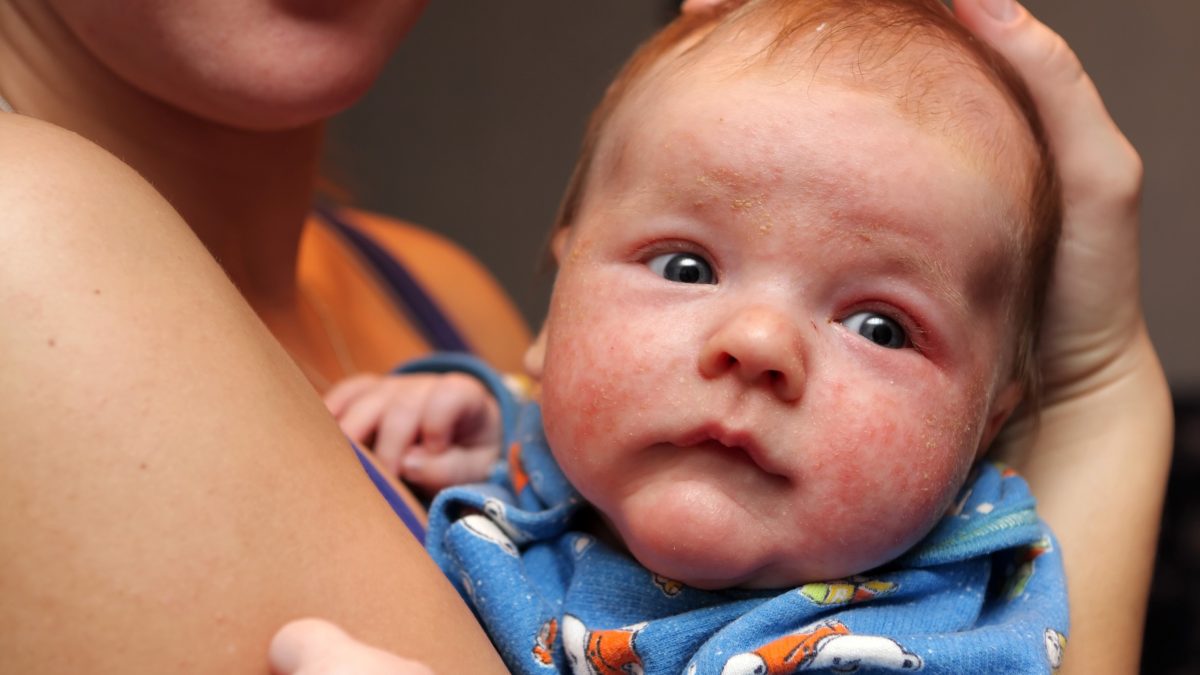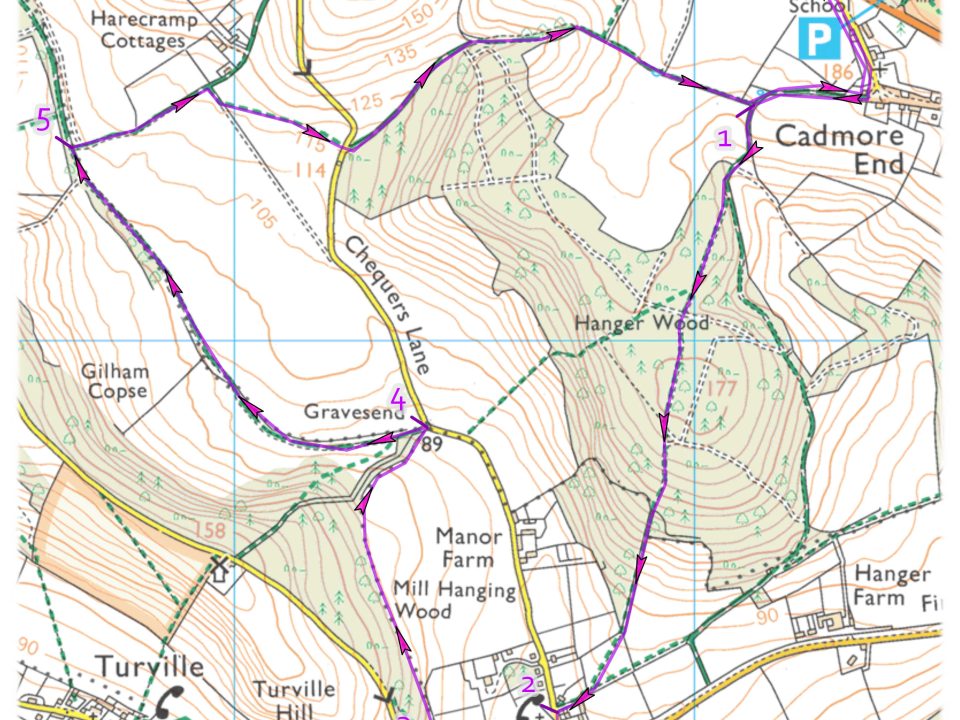
Ahoy Ma Hearties! Panto fun ahead!
October 25, 2018
A few simple habits can make life more rewarding
October 25, 2018What is atopic eczema?
Atopic Eczema is itchy, dry, cracked, sore skin. Some children only have small patches of eczema, but others may experience widespread red, inflamed skin all over their body
It can run in families, and often develops alongside other conditions, such as asthma and hay fever.
Common triggers
Eczema is usually caused by a combination of factors. Common triggers include pet fur, pollens, grass, moulds, heat, cold, dust, irritants (like soaps and detergents), woollen clothing and foods.
Which foods are most likely to trigger eczema in children?
Milk and egg are the most likely foods to trigger eczema in young children. These foods may trigger an itchy rash within half an hour (this suggests an immediate food allergy), or after several hours or even the next day (this suggests a delayed food allergy).
If you suspect a food may be triggering your child’s eczema, start keeping a food and eczema diary. This will help you to identify which foods might be triggering the eczema.
It is important to seek help from your GP or dietitian for advice on whether any foods should be excluded, and how to replace foods to ensure a balanced diet.
Cutting a food out for an initial 2 weeks is long enough to work out whether your child should continue to exclude a food – and even then, most children can then start eating small amounts of that food without it triggering the eczema.
Tanya Wright BSc Msc Allergy
Specialist Registered Dietitian DT4990 | August 2018
Tanya Wright is a HCPC registered Dietitian specialising in the diagnosis and management of food allergy and other food hypersensitivity reactions in children and adults with gastrointestinal, dermatological and respiratory symptoms.
She works predominately in the NHS but also runs a private dietetic service locally and in Harley Street London. She is a longstanding committee member of all the professional and patient support associations and author of several allergy cookbooks.
- keep a diary of all foods eaten and how the eczema is
- seek help from your GP or dietitian
- exclude foods for no more than 2 weeks initially
- read ingredients labels of all foods
- use replacement foods to ensure the diet stays nutritious




